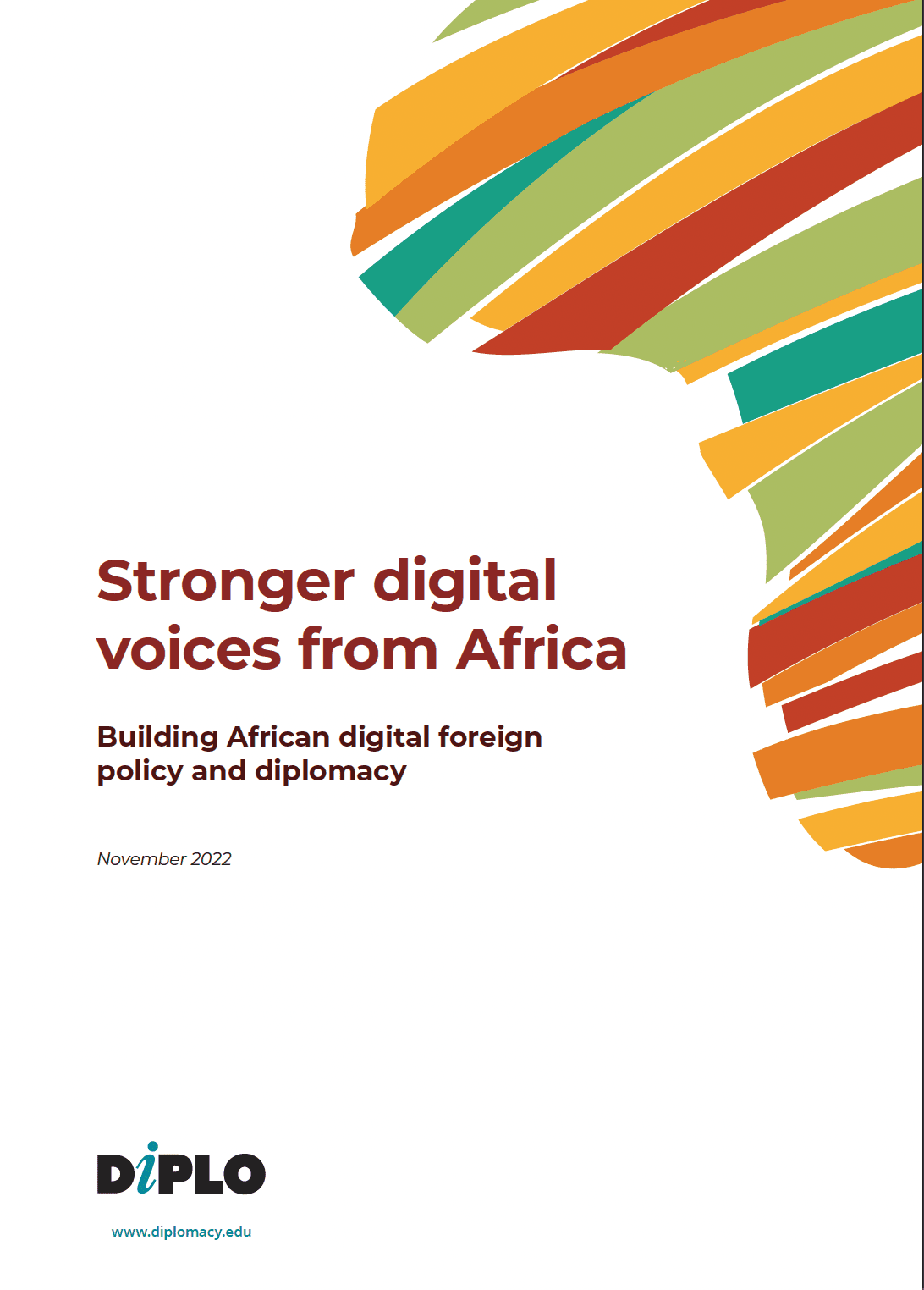Digital identification in Africa: Frameworks and initiatives
Read full report Stronger digital voices from Africa: Building African digital foreign policy and diplomacy.
National developments
In an attempt to address a pressing challenge of more than 500 million people in Africa lacking any form of legal identification, policymakers have begun to deploy digital solutions – biometric digital identification (ID) systems. This has also coincided with the surge in the use of mobile technology across the continent, and the need to facilitate registration to access those services.
The increasing popularity of digital identities is owing to their efficacy, low cost, and convenience compared to more analogue systems.1van der Spuy, A. (2021). Digital Identity in Ghana: Case study conducted as part of a ten-country exploration of socio-digital ID systems in parts of Africa. However, these systems also increase the potential for citizen surveillance and can undermine privacy. This was recognised, for instance, by Nigeria’s Data Protection Bureau when it called in the National Identity Management Commission to set high standards for privacy and data protection as a way to strengthen the country’s digital ID system.2Macdonald, A. (2022, April 19). New Nigerian data protection body calls for stronger privacy standards to drive digital ID. Biometric Update.
While some countries are making use of the growing digital infrastructure and developing national digital ID systems, many countries are lagging due to the uneven pace of digital transformation across Africa. Furthermore, lack of trust in governments and concerns about data privacy breaches, cyberattacks, and cyber fraud are also cited as the main challenges to the implementation of digital ID systems. There are also concerns that digital ID projects are sometimes promoted – for instance in the context of some development assistance programmes – without ensuring that the tech and policy solutions are indeed necessary, relevant to the local context (not merely replicating foreign examples), and properly tested from the perspective of their potential implications for citizens and communities.
So far, countries that have introduced or are working on introducing national IDs with electronic components – such as microchips or machine-readable barcodes – include Algeria, Angola, Cameroon, Egypt, Ghana, Kenya, Lesotho, Mauritius,
Morocco, Nigeria, Senegal, Seychelles, Rwanda, South Africa, Tanzania, Uganda, and Zimbabwe.3Thales. (2021, December 29). Digital identity trends – 5 forces that are shaping 2022.IDEMIA. (2022). The Kingdom of Morocco introduces a national digital ID program.van der Spuy, A. (2021, November 9). RIA releases 10 country reports on digital ID frameworks. Research ICT Africa.Barasa, H. (2022). Digital government in sub-Saharan Africa: Evolving fast, lacking frameworks. Tony Blair Institute for Global Change. Among them, Nigeria is benefiting from funding from the European Investment Bank (EIB) to support the development of an eID infrastructure and the supply of biometric identity to all citizens.4European Investment Bank [EIB]. (2018). Nigeria Digital ID.
Continental and regional frameworks and initiatives
The African Union’s (AU’s) Digital Transformation Strategy sees digital IDs as one of the main cross-cutting areas to support the digital ecosystem and as a key mechanism for promoting the UN concept of ‘legal identity for all’ and attaining sustainable development goals (SDGs) and Agenda 2063.
In West Africa, the regional ECOWAS National Biometric Identity Card (ENBIC) was approved in 2015, to facilitate free movement for the 320 million citizens of the ECOWAS zone. The card will make it possible for the citizens of member states to move around the ECOWAS area, serving as a residency permit, a passport, and proof of identity. It is expected that further functionalities, such as identification for e-commerce, will be added. Senegal was the first country to fully implement the scheme,6Presidency of Senegal. (2016). ECOWAS Biometric ID Card: the 10 facts you need to know. while Ghana and Nigeria are among those following suit.
In addition, the West Africa Unique Identification for Regional Integration and Inclusion (WURI) programme, as part of the ECOWAS-World Bank partnership, started in 2018 with Côte d’Ivoire and Guinea to facilitate access to services for millions of people in the ECOWAS member states, irrespective of nationality, citizenship, or legal status. Consisting of the three components, the project aims to strengthen the legal and institutional framework, establish robust and inclusive foundational ID systems, and facilitate access to services through IDs.7World Bank. (n.d.). West Africa Unique Identification for Regional Integration and Inclusion (WURI) Program. Later expanded to Benin, Burkina Faso, Niger, and Togo, WURI also intends to help improve access to services, including safety nets, social registries, health and pension programmes, financial and digital inclusion, women and girls’ empowerment, and labour mobility.8World Bank. (2020). Togo, Benin, Burkina Faso and Niger join West Africa regional identification program to help millions of people access services. During the May 2022 meeting of the ECOWAS Directorate of Free Movement and Migration and the World Bank, the importance of avoiding multitudes of regional ID cards was stressed, given the existence of ENBIC, and the need to link the two initiatives.9Economic Community of West African States [ECOWAS]. (2022). The ECOWAS Commission and the World Bank Exchange on the West Africa Unique Identification for Regional Integration and Inclusion (WURI) project.
Within Smart Africa, a flagship project is dedicated to developing a continental concept for digital identity. A blueprint was proposed to assist both public and private actors with the design and implementation of digital ID systems that are trusted by all stakeholders.10Smart Africa. (2020). Blueprint: Smart Africa Alliance – Digital Identity. These systems should be based on shared standards and rules to facilitate mutual recognition of respective ID systems.
The challenges of diverse digital ID systems across the continent were also recognised by the AU, which developed an Interoperability Framework for Digital ID, in cooperation with the German Agency for International Cooperation (GIZ), the World Bank, Smart Africa, and the UN Economic Commission for Africa (ECA). Endorsed by the AU Executive Council in early 2022, the framework is intended to contribute to defining common requirements, minimum technical standards, governance mechanisms, and alignment among legal frameworks across the continent.



